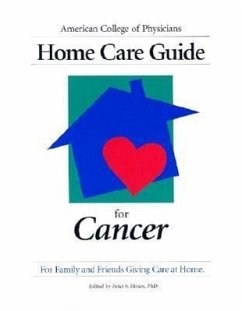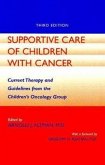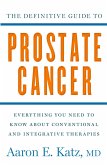Friends and family who provide care at home are an important part of the health care team, and they are most effective when given proper guidance from health care professionals. Shorter hospital stays and greater reliance on outpatient care for persons with cancer are shifting a significant part of medical care into the hands of family members and friends. To carry out these responsibilities, family caregivers need information and guidance from health professionals. More important, they need encouragement to become active problem solvers rather than passively seeking all the solutions from medical professionals. Written for a broad audience, this easy-to-use workbook was designed for home caregivers, patients, support groups, and education programs; it features easy-to-read type and an index for quick reference. The authors include oncology nurses, social workers, psychologists, physicians, family caregivers, and persons with cancer. Home Care Guide for Cancer offers advice on twenty common cancer caregiving problems, including: - How to succeed at caregiving - Fever and infections - Tiredness and fatigue - Appetite - Problems with the mouth - Nausea and vomiting - Diarrhea - Constipation Cancer pain - Veins- Bleeding - Skin problems - Maintaining positive experiences - Getting companionship and support from family and friends - Getting information from medical staff - Getting help from community agencies and support groups - Moving around the house - Coordinating care from one treatment setting to another - Coping with anxiety - Coping with depression. "A valuable resource for any cancer caregiver involved with home care... The mundane (fatigue, constipation), the scary(fever, sexual problems, bleeding), and the technical (vein and mouth problems) are covered with practicality and aplomb. All chapters direct the acquisition of skills that lead to successful coping... This Ýis ä concise, jargon-proofed, user-friendly volume."--Journal of the Ame
Hinweis: Dieser Artikel kann nur an eine deutsche Lieferadresse ausgeliefert werden.
Hinweis: Dieser Artikel kann nur an eine deutsche Lieferadresse ausgeliefert werden.








